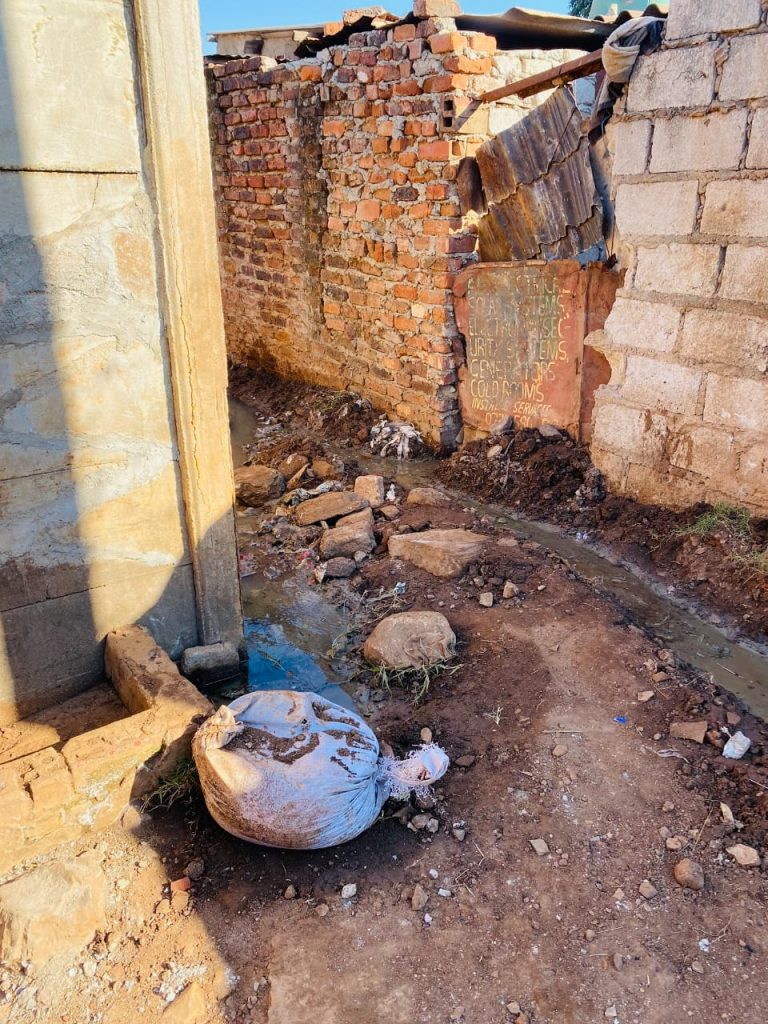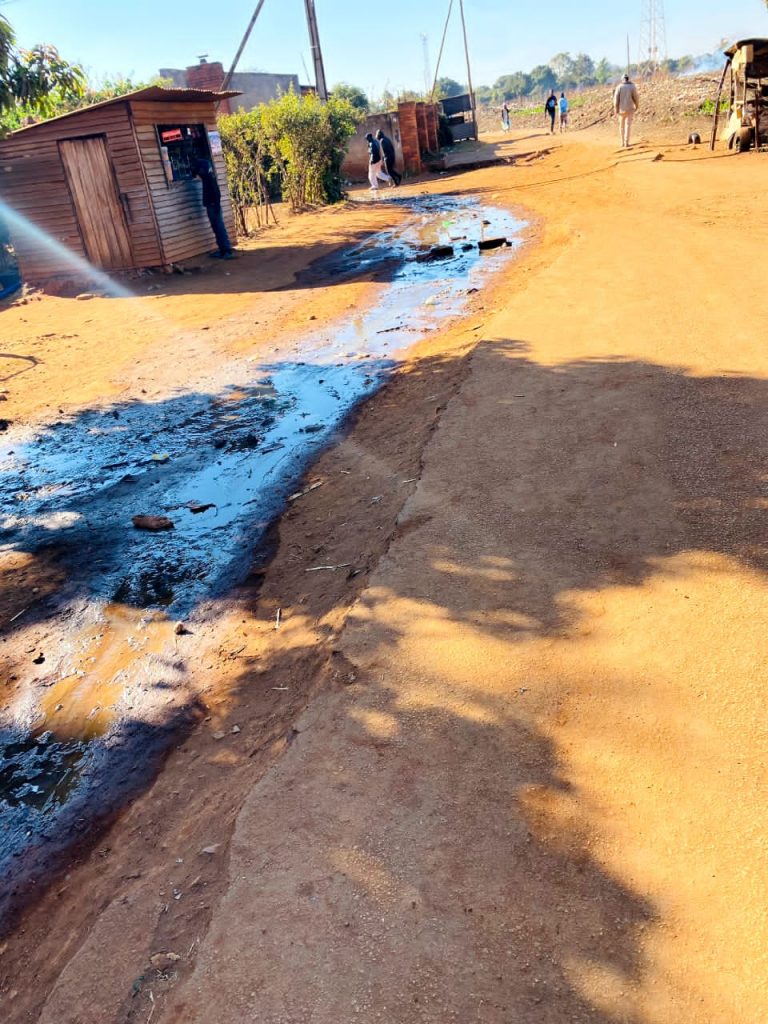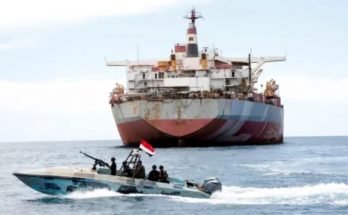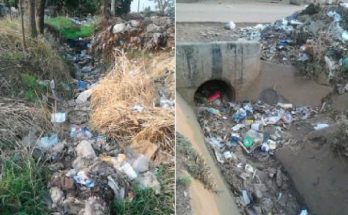
By Tatenda Chambwe
HAVING a toilet or having access to one is a basic human right. This is, however not the case for residents of the old suburb of Dzivarasekwa in Harare. The never-ending sewer flowing in the high-density suburb exacerbated by the hoary drainage pipes makes it impossible to have access to proper ablution facilities.
Dzivarasekwa, popularly known as DZ was established during the colonial era, while the drainage system was meant to cater for a small population. The rapid growth of the population in greater Harare has exerted pressure on the drainage system which leads to sewer system blockages almost every day on end.
The city council has not been able to upgrade the sewer system which is posing health hazards such as cholera and typhoid outbreaks. These unhygienic conditions in which people are living are a ticking time bomb to such outbreaks, thus there is a critical need for timely interventions to safeguard public health.
In a recent interview with Dzivarasekwa residents, they aired their grievances to EnviroZim News about not being able to use their toilets because they will be blocked most of the time. Aaron Ndunazi (36) expressed his dilemma of having no other option but to stay put in DZ owing to economic hardships despite the poor sanitation situation prevailing in the area.
“I cannot afford to move out of Dzivarasekwa, here it is quite cheaper than other suburbs, we pay $40 USD per room while other suburbs pay $70 USD to $80 USD per room.
“Since I’m a vendor I have to bear living in these conditions, when the toilets are blocked, I and my family go to the nearby bush to relieve ourselves,” he said.
Abasi Saidi (40), who was born and bred in Dzivarasekwa said most of the time when the toilets are blocked, he has to bath and relieve himself at his workplace until the council resolves the issue, a situation which normally takes council about three weeks to fix.
Evelyn Sambaya (27), a mother of four toddlers also complained about the unhygienic conditions her children were exposed to.
“When the toilets are blocked, they discharge human waste which usually flows into the yard, sometimes even to our doorsteps. This normally happens at a time our children want to play outdoors thereby depriving them of that opportunity.
“Children are also highly contagious so we fear that they may contract cholera or typhoid at such times,” she said.

Dzivarasekwa is, however, not the only suburb that is facing poor sanitation issues, as other areas such as Mbare, Highfields, and Kambuzuma all face such difficulties.
In June this year, Harare Town Clerk, Engineer Hosiah Chisango started a project of sewage rehabilitation in Mbare which seeks to upgrade sewer reticulation systems while also putting new ones where there were none. He called upon the central government to assist with funds to run the project.
According to the United Nations (UN), access to water and sanitation is a basic human right that is essential towards the eradication of poverty, while building peaceful and prosperous societies.



